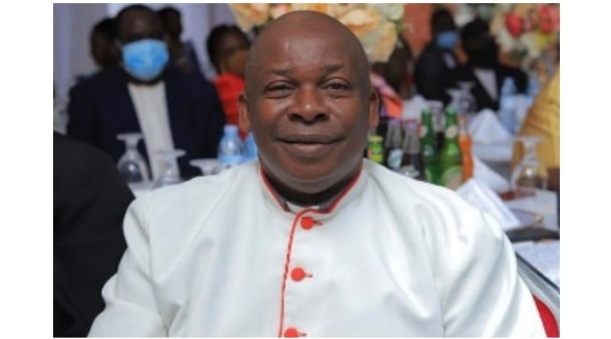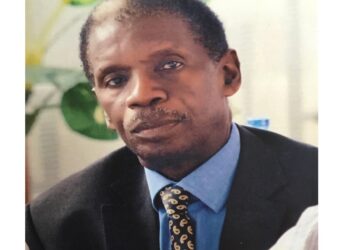Every day that passes, the drum beat of war is becoming increasingly louder. But the letter of Archbishop Kaziimba to invite Lands State Minister Sam Mayanja, to prevail over his Dioceses is starting to leave a very bad taste in the mouths of many.
Besides, it is in sharp contrast with what our forefathers intended for our Church when King Henry devised Church Canon in 1552. His Majesty the King, Henry VII specifically aimed at re-constructing the entire a counter narrative that challenged the power dynamics in Rome by placing the Archbishop as one among equals; and set stage for synodal and collaborative work in the Church.
We all understand the frustrations of our Primate in protecting Church land from fraudsters and yet none of us underestimates the damage that can happen to one’s legacy, either in the short run or in the long run to preside over ‘errant’ Dioceses.
History has shown that when people come together in common cause, there is always room for hope. Working side by side, we also have the ability to solve the most insurmountable problems and to triumph over the greatest of adversities.
It therefore helps to desist from imposing one’s legislative agenda on the Bishops, which only threatens to cleave deep burrows and divisions in Christ’s tunic, the Church. This is especially when fomenting divisions is the work par excellence of the one whose name is ‘diabolos’ that is, the divider, the enemy who sows weeds in the night, while everybody is asleep (Mat. 13:25).
Instead may our Archbishop draw from his massive wealth of team building skills to bring his Bishops to order and come up with a long-term collaborative response to the problem of land fraud.
For instance, Inter-denominational collaborations under various structures like UJCC like Uganda Joint Christian Council (UJCC) the Uganda Muslim Supreme Council (UMSC), the Seventh-day Adventist Uganda Union (SDAUU) will help facilitate an open, inclusive and constructive dialogue and improve understanding around the issue of land grabbing, root causes, long-term consequences and possible policy outcomes.
The Archbishop and his Bishops can also look at collaborations with various security, civic, political, and land structures (and this is where the Honorable Minister could come in), to close gaps in the rules of law and enforcement, inadequate institutional and legal framework on land and address deficiencies in land capacity (i.e., manpower, finance and broad-based political support) and provide clarity on both potential or actual land conflict.
Working with the various legal and judicial structures will also help shape a workable approach to land protection and place land conflicts within a broader context of increasing land values and scarcity to determine suitable mediation and dispute resolution mechanisms.
AUTHOR
revekasirye@yahoo.com
Rev. Canon Erich Kasirye
CHAPLAIN, KAMPALA CAPITAL CITY AUTHORITY
Do you have a story in your community or an opinion to share with us: Email us at editorial@watchdoguganda.com













